Uncategorized
-
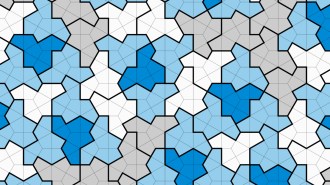 Math
MathMathematicians have finally discovered an elusive ‘einstein’ tile
After half a century, mathematicians succeed in finding an ‘einstein,’ a shape that forms a tiled pattern that never repeats.
-
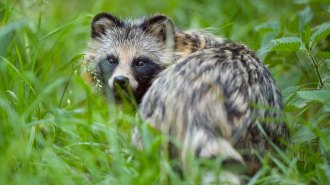 Health & Medicine
Health & MedicineHow raccoon dog DNA fits into the COVID-19 origins debate
Did the virus that causes COVID-19 come from animals or a lab? Evidence hints at animals. Either way, we should be prepping for the next pandemic.
-
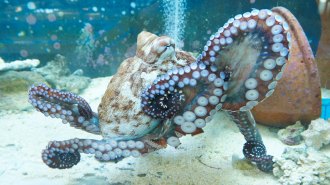 Animals
AnimalsScientists have now recorded brain waves from freely moving octopuses
The data reveal some unexpected patterns, though it’s too early to know how octopus brains control the animals’ behavior, a new study finds.
-
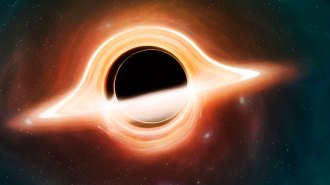 Math
MathHere’s a peek into the mathematics of black holes
The universe tells us slowly rotating black holes are stable. A nearly 1,000-page proof confirms it.
-
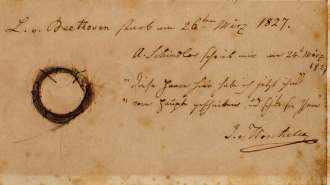 Genetics
GeneticsDNA from Beethoven’s hair hints at what killed the composer
Many historians suspect Beethoven died from liver failure. A new analysis shows he had a heightened genetic risk for liver disease, researchers say.
By Freda Kreier -
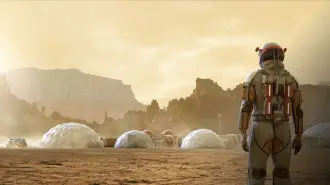 Space
Space‘Off-Earth’ asks how to build a better future in space
As humans prepare to live in space someday, ethics should be as much of guide as science and technology, an astrophysicist argues in a new book.
-
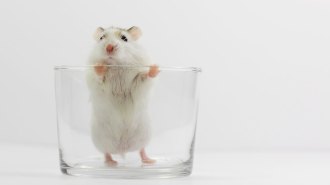 Health & Medicine
Health & MedicineA hormone shot helped drunk mice sober up quickly
Drunk mice injected with the hormone FGF21 woke up and regained their balance faster than inebriated mice that did not receive the shot.
By Freda Kreier -
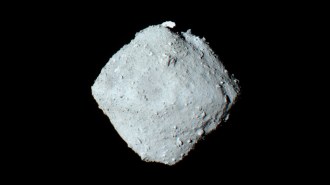 Space
SpaceA crucial building block of life exists on the asteroid Ryugu
A sample from Ryugu collected by Japan’s Hayabusa2 spacecraft contains uracil, a component of RNA, which is found in all living cells.
-
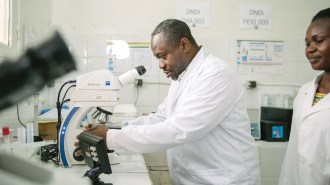 Health & Medicine
Health & MedicineSleeping sickness is nearing elimination. An experimental drug could help
Clinical trials of acoziborole are under way in sub-Saharan Africa, where sleeping sickness is endemic.
By Meghan Rosen -
 Health & Medicine
Health & MedicineU.S. cases of a deadly fungus nearly doubled in recent years
Though numbers are still small, clinical cases of Candida auris in the jumped 95 percent from 2020 to 2021, a CDC survey finds.
-
 Astronomy
AstronomyThe mystery of Christiaan Huygens’ flawed telescopes may have been solved
The discovery of Saturn’s largest moon, Titan, may have come despite its discoverer, Christiaan Huygens, needing eyeglasses.
-
